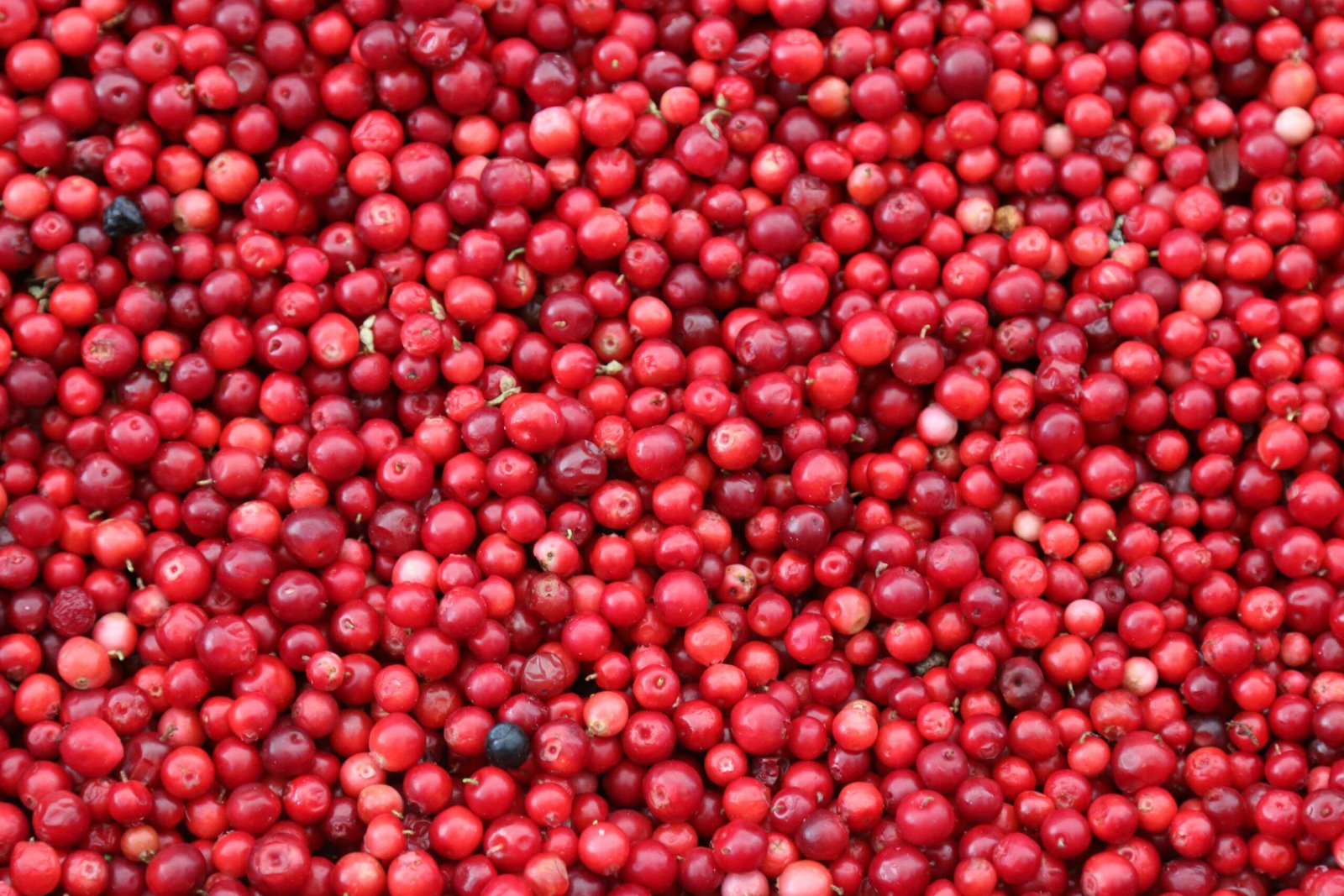St. John’s Wort Extract: A Guide to Uses and Scientific Evidence
What is St. John’s Wort Extract?
St. John’s Wort Extract is derived from the flowering plant Hypericum perforatum, commonly known as St. John’s Wort. It has a long history of traditional use in herbal medicine and is native to Europe, but it is now also cultivated in other parts of the world.
Uses of St. John’s Wort Extract
St. John’s Wort Extract is commonly used as a dietary supplement for various purposes, including:
- Managing symptoms of mild to moderate depression
- Supporting mental health and emotional well-being
- Reducing symptoms of anxiety
- Alleviating symptoms of seasonal affective disorder (SAD)
- Supporting wound healing and skin health
Scientific Support for St. John’s Wort
St. John’s Wort Extract contains several bioactive compounds, including hypericin and hyperforin, which are believed to contribute to its pharmacological effects. Research suggests that St. John’s Wort Extract may exert its antidepressant effects through multiple mechanisms, including inhibition of serotonin reuptake, modulation of neurotransmitter levels, and anti-inflammatory properties[1].
Several clinical trials have demonstrated the efficacy of St. John’s Wort Extract in managing symptoms of mild to moderate depression, with results comparable to conventional antidepressant medications such as selective serotonin reuptake inhibitors (SSRIs). St. John’s Wort Extract may help improve mood, reduce feelings of sadness and hopelessness, and enhance overall emotional well-being[2].
In addition to its antidepressant effects, St. John’s Wort Extract has been studied for its anxiolytic properties, with some evidence suggesting that it may help reduce symptoms of anxiety and improve feelings of calmness and relaxation. However, further research is needed to fully elucidate its mechanisms of action and efficacy in anxiety disorders[3].
Furthermore, St. John’s Wort Extract may be beneficial in alleviating symptoms of seasonal affective disorder (SAD), a type of depression that occurs seasonally, typically during the winter months. Its antidepressant effects and potential to improve mood and energy levels make it a popular natural remedy for individuals affected by SAD[4].
Moreover, St. John’s Wort Extract has been investigated for its potential benefits in supporting wound healing and promoting skin health. Topical application of St. John’s Wort Extract may help reduce inflammation, promote tissue regeneration, and alleviate symptoms of skin conditions such as burns, bruises, and dermatitis[5].
St. John’s Wort Health Concerns
While St. John’s Wort Extract is generally well-tolerated by most individuals when taken at recommended dosages, there are some potential health concerns to consider. St. John’s Wort Extract may interact with certain medications, including antidepressants, birth control pills, anticoagulants, and immunosuppressants, leading to reduced efficacy or increased risk of adverse effects.
Additionally, St. John’s Wort Extract may cause side effects such as gastrointestinal upset, dry mouth, dizziness, and photosensitivity in some individuals. Individuals with certain medical conditions, including bipolar disorder, schizophrenia, or undergoing organ transplantation, should use St. John’s Wort Extract with caution and consult with a healthcare professional before use.
Recommended Standardization or Dosage
St. John’s Wort Extract supplements are available in various forms, including capsules, tablets, and liquid extracts. The recommended dosage of St. John’s Wort Extract supplementation depends on individual factors such as age, weight, and severity of symptoms.
For managing symptoms of mild to moderate depression, typical dosages of St. John’s Wort Extract range from 300 mg to 900 mg per day, standardized to contain 0.3% hypericin and 3-5% hyperforin. Higher dosages may be recommended for individuals with more severe symptoms or under the guidance of a healthcare professional[6].
St. John’s Wort Conclusion
St. John’s Wort Extract, with its diverse pharmacological effects, offers potential benefits for supporting mental health, managing symptoms of depression and anxiety, alleviating seasonal affective disorder (SAD), and promoting wound healing and skin health. While generally safe when taken at recommended dosages, individuals should be cautious of potential interactions with medications and the possibility of side effects. It is advisable to consult with a healthcare professional before using St. John’s Wort Extract supplements, especially for individuals with underlying medical conditions or those taking medications.
References
- Butterweck V. Mechanism of action of St John’s wort in depression: what is known? *CNS Drugs*. 2003;17(8):539-562. doi:10.2165/00023210-200317080-00004
- Linde K, Berner MM, Kriston L. St John’s wort for major depression. *Cochrane Database Syst Rev*. 2008;(4):CD000448. doi:10.1002/14651858.CD000448.pub3
- Shelton RC, Keller MB, Gelenberg A, et al. Effectiveness of St John’s wort in major depression: a randomized controlled trial. *JAMA*. 2001;285(15):1978-1986. doi:10.1001/jama.285.15.1978
- Sarris J, Kavanagh DJ, Byrne G, et al. The Kava Anxiety Depression Spectrum Study (KADSS): a randomized, placebo-controlled crossover trial using an aqueous extract of Piper methysticum. *Psychopharmacology (Berl)*. 2009;205(3):399-407. doi:10.1007/s00213-009-1566-0
- Reuter J, Huyke C, Casetti F, et al. Anti-inflammatory potential of a lipolotion containing coriander oil in the ultraviolet erythema test. *J Dtsch Dermatol Ges*. 2008;6(10):847-851. doi:10.1111/j.1610-0387.2008.06755.x

